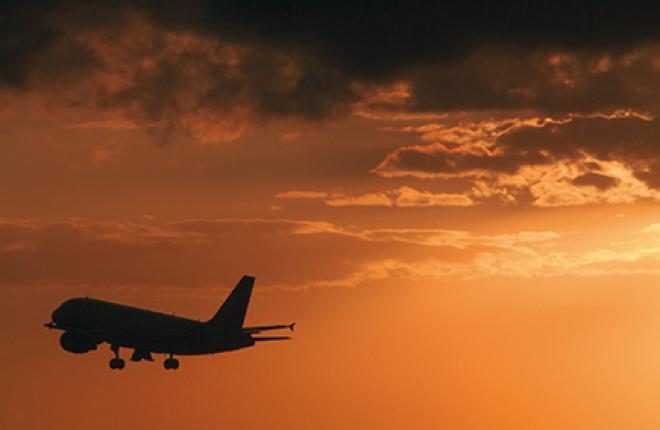The unpredictable lease market

Nearly all of the commercial airliners in Russia are operated under lease agreements, with 65% of the aircraft leased from foreign companies. The current political situation, the Western sanctions against Russia, the loss of access to cheap long-term Western loans, and other factors are all making the future of the Russian aircraft lease market so uncertain that lessors decline to give official comments.
This uncertainty stems from both political and economic factors. Foreign lessors say that, prior to the downing of the Malaysia Airlines Boeing 777 over Ukraine in July this year, the situation remained relatively benign: even though virtually no contracts were being signed with new clients or for new aircraft, work continued with existing customers under lease contracts for pre-owned airplanes. The only exception was Aeroflot’s subsidiary Dobrolet, which found itself on the EU sanctions list in early August. The European lessors immediately repossessed Dobrolet’s two Boeing 737-800s.
In a sense, the Western lease companies tended to perceive the situation in Russia as an inevitability they would have to learn to live with. It all changed after Flight MH17 crashed outside Donetsk. The prevailing mood now is to gradually discontinue all business activity in Russia, for the exception of the on-going contracts with reliable clients. All foreign lessors present in Russia can be ascribed to one of three different categories. Major businesses, each having around 100 airplanes operated by Russian carriers, are more inclined to leave, i.e. they are not planning to extend the current lease agreements beyond their expiration date. Medium-sized lessors, each with 10 to 15 aircraft let to different Russian airlines, are playing a waiting game and might consider extending their current contracts on a case-by-case basis. It is only the smaller companies, particularly those from Asian countries that are optimistic about the potential opportunity to expand to the Russian market. This categorization is, of course, very much notional: the behavior of each lessor is more complex in real life. Whatever the case, early contract severances with airlines are unlikely, unless something extraordinary happens. According to one lessor, if a pre-owned airliner worth $30–40 million gets returned early, the leasing company will be left dealing with an overhead of up to $1 million, which may effectively cancel out the entire lifetime gain to be had from leasing that aircraft.
Это закрытый материал портала ATO.RU.
Полный текст материала доступен только по платной подписке.
Вопросы, связанные с платным доступом, направляйте на адрес paywall@ato.ru
Для пенсионеров у нас 50% скидка на все виды доступа. Зарегистрируйтесь на сайте под своим реальным ФИО (например, Иван Иванович Ивванов), указав, что Вы пенсионер, и отправьте с емэйла, который указали при регистрации скан/фотографию подтверждающего документа по адресу jkabardina@ato.ru.
Услуга "Автоплатеж". За двое суток до окончания вашей подписки, с вашей банковской карты автоматически спишется оплата подписки на следующий период, но мы предупредим вас об этом заранее отдельным письмом. Отказаться от этой услуги можно в любое время в личном кабинете на вкладке Подписка. Подробные условия автоматической пролонгации подписки.
Я подписчик / Я активировал промокод.
Если у вас есть неактивированный промокод, авторизуйтесь/зарегистрируйтесь на сайте и введите его в своем Личном кабинете на вкладке Подписка
Ссылки по теме
- Для того, чтобы оставить комментарий, не привязанный к социальной сети, войдите или зарегистрируйтесь на нашем сайте.
CIS & Russian Aviation News And Insights
- Russian airlines’ traffic drops two per cent so far in 2025
- Ural Airlines’ operational performance affected by A320neo groundings
- Volga-Dnepr Group founder warns the company may be nationalized
- Aeroflot revenue grew 10 per cent during first half of the year
- Russian airlines’ January through July traffic and RPKs decline
- Aeroflot Bonus members can now access the full range of services









